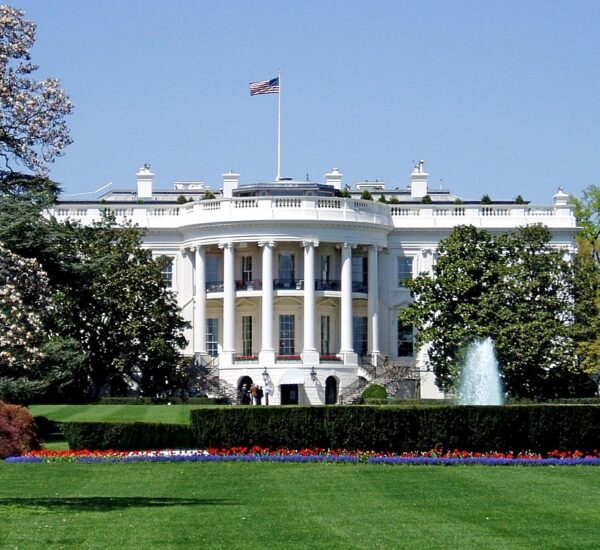Judge Erupts On Trump
A second federal judge has ruled against President Trump’s executive order aimed at restricting birthright citizenship, delivering a sharp rebuke of the administration’s actions during a Thursday hearing. The judge, U.S. District Judge John Coughenour, expressed his strong disapproval of the move, stating that the president views the rule of law as something to be bypassed or ignored for political gain.
Judge Coughenour, who was appointed by President Ronald Reagan, emphasized that in his courtroom, the rule of law would be upheld. His comments echoed a concern that, under the current administration, the legal framework is often disregarded in favor of advancing policy objectives. The judge’s ruling issued a nationwide injunction, blocking Trump’s executive order and preventing it from taking effect.
The executive order, signed on Trump’s first day in office, sought to limit birthright citizenship by asserting that children born in the U.S. to parents who lack permanent legal status would not automatically be granted citizenship. This move was part of a broader strategy to curb illegal immigration and address issues related to border security, which the president has made a priority during his tenure.
However, the order has faced legal challenges, with nine lawsuits filed in response, questioning the constitutionality of narrowing the scope of birthright citizenship. The lawsuits argue that the 14th Amendment guarantees citizenship to all persons born in the United States, and that any changes to this fundamental right would require a constitutional amendment, not an executive action.
In his ruling, Judge Coughenour made it clear that the Constitution cannot be altered through executive orders. He stated that if the government wishes to change the scope of birthright citizenship, it must follow the proper constitutional process, which involves amending the Constitution, not bypassing it with policy changes. This opinion aligns with a strict interpretation of the Constitution, ensuring that fundamental rights, like citizenship, are not subject to the whims of political agendas.
The injunction issued by Judge Coughenour adds to a similar ruling by a federal judge in Maryland, with additional hearings scheduled in other states. These legal setbacks underscore the challenges faced by the administration as it seeks to implement its immigration policies, particularly when they conflict with long-standing constitutional protections.
For Republicans, the debate over birthright citizenship remains central to broader discussions on immigration reform and national security. While the judge’s ruling serves as a setback, it also highlights the importance of ensuring that the Constitution’s protections are respected and that any significant changes to citizenship laws are pursued through the proper legislative channels.







Tired of these judges getting in the way Presidential Authority. Where the heck were they when the last dumbbell (Biden) was issuing executive orders?